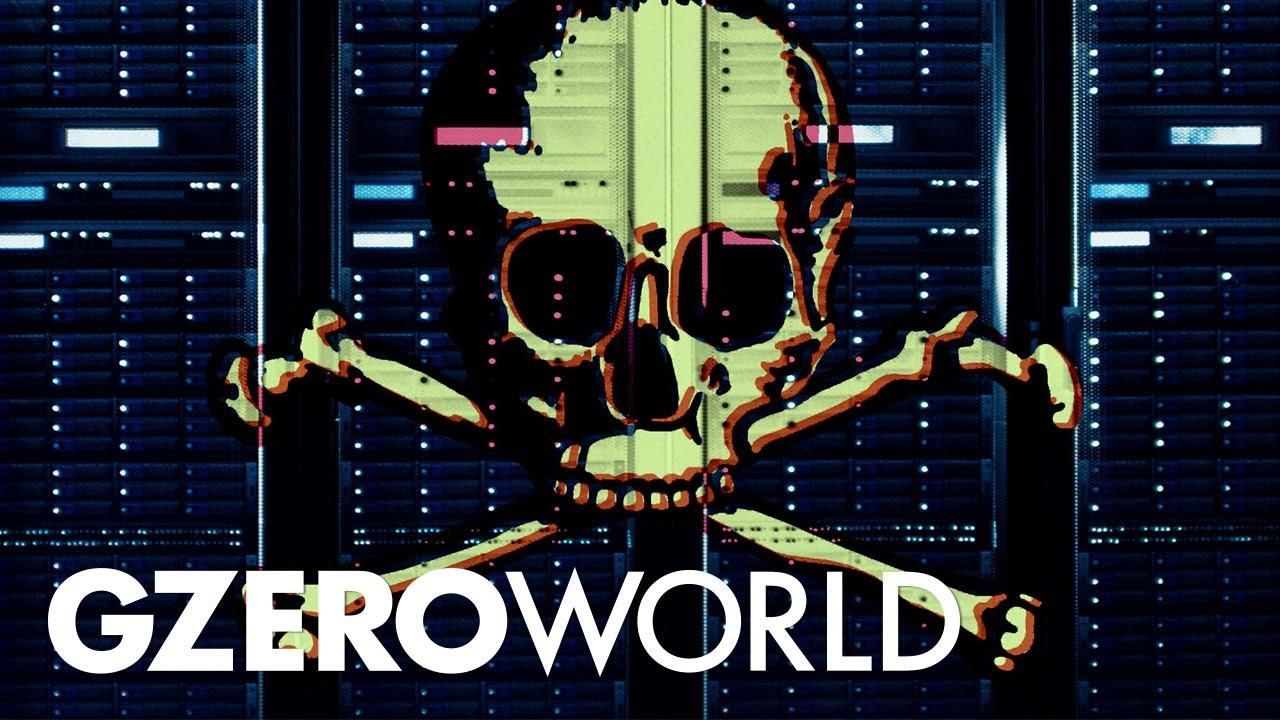GZERO World Clips
Hackers, innovation, malice & cybercrime

The Cyber Threat Ain't Going Away | GZERO World

In the 1950s, "phreakers" whistled their ways into free long-distance calls. Steve Wozniak then improved on the scam, making enough cash to get Apple started along with Steve Jobs.
Many of today's hackers are also bored kids trying to beat the system and make a quick buck in the process. But they can also do more sinister things, Ian Bremmer tells GZERO World.
The annual global cost of cybercrime has almost tripled since 2005. If it were an economy, cybercrime would be the world's third-largest after the US and China.
We saw the impact with the 2021 ransomware attack on the Colonial Pipeline, enabled by a single compromised password. Indeed, hackers only need a tiny opening to bring down a company or a country. And they know that in Beijing, Moscow, Pyongyang, and Tehran.
So, what can we do about it?
In this Quick Take, Ian Bremmer reacts to President Trump’s State of the Union address, calling it “a rehashing of the greatest hits” with little new policy direction.
Small business hiring surged 7% above the 2024 average in December, led by a surprise rally in retail. But with uncertainty still historically high and mounting concerns over tariffs, can this momentum survive 2026? Explore the data behind the resilience of the US small business sector. Get the latest economic insights from Bank of America Institute.